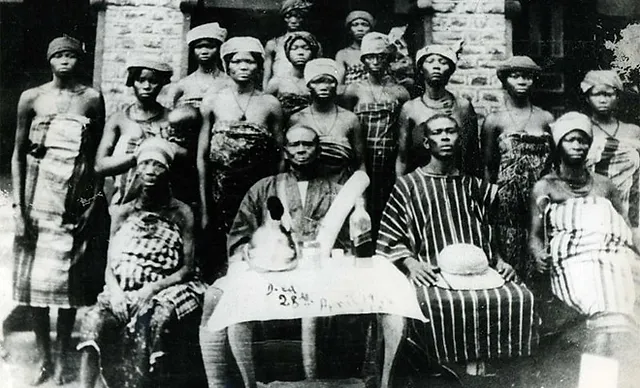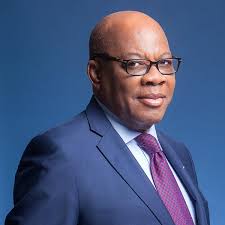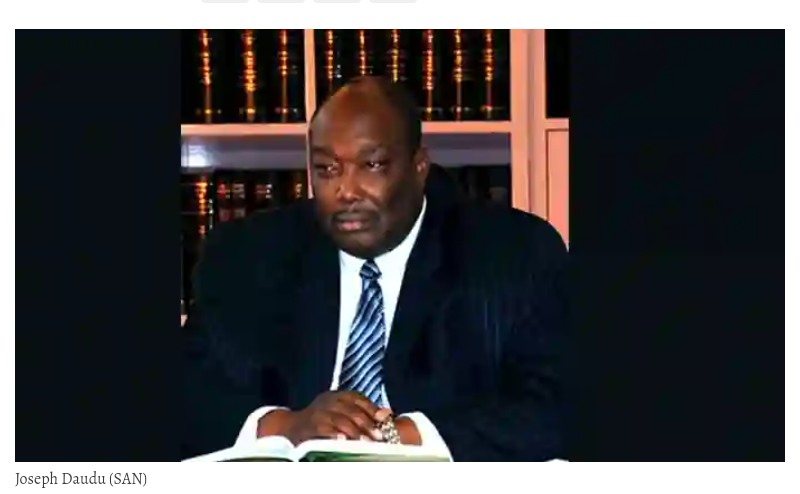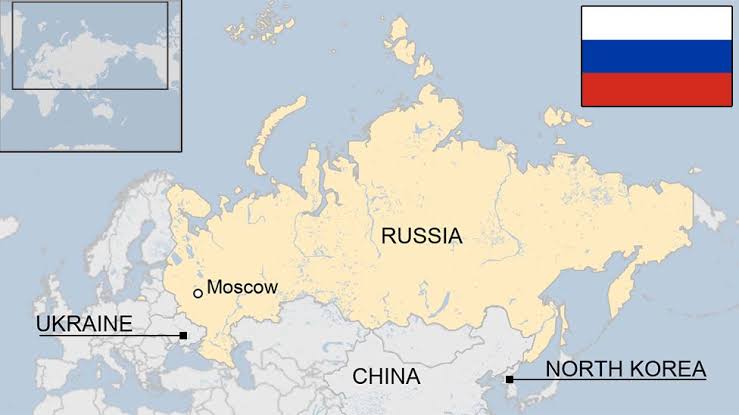Exclusive: We are Yoruba, Ewe people in Nigeria, Togo, Ghana write South West Governors
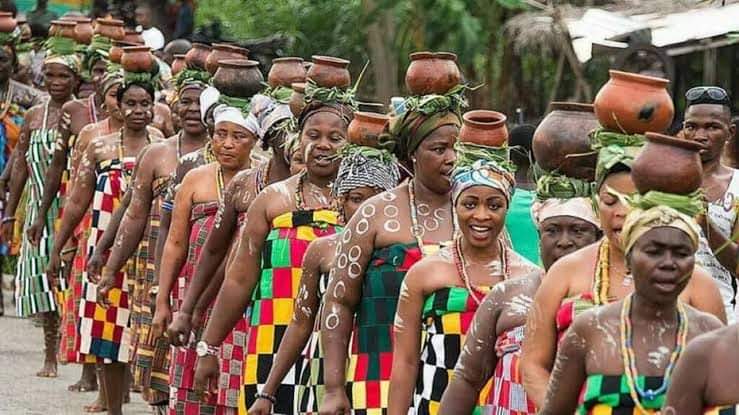
By Omolade Adegbuyi, Ayo Adeyemi and Ologeh Joseph
The Ewe people spread across West African countries of Togo, Ghana, Benin Republic and Nigeria have written to Governors of the South West States calling for inclusion in the affairs of Yoruba people.
In the letter made available to Irohinoodua, the Ewe traced their history to Ile-Ife in Osun state saying that for centuries they have suffered discrimination in the Yoruba states who treat them as outcasts. The letter was signed by Samuel Amuzu and BiyiFadalo.
The Ewe claim that in Lagos state alone, they have a population of some 1.5million people who largely live in the riverine areas and on dots of islands in Lagos State.
‘We are a sub-group of the O’odua family. We are a Yoruba sub-ethnic group. For many years, we have been subjected to deprivation in the land of our fathers. It is time to change this attitude. We are not allowed to take part in Nigerian census. We cannot vote in Nigeria. We have no other land except in our ancestral territories many of which are in Nigeria, Togo, Benin Republic and Ghana’ the group stated adding that the Ewe are a great asset to the Yoruba Nation.
This is the second time the Ewe ethnic group will be making such proposition to the Governors of the South West States. In 2002, under the Association of Ewe Indigenes of Lagos, led by AiyedunOlakanmi Albert Atisese, Mr Femi Asakpo and MrAhiaduOlusegunHayford had written for the South West Governors calling for their including as indigenous Yoruba people. Their letter at that time was backed with a letter from the then Ooni of Ife, Oba Okunade Sijuwade who said by all historical accounts, they were Yoruba.
In the latest demand for inclusion, the Ewe leaders wrote that they are, an ethnic Nationality in Nigeria found indigenously along the coastal belt of Lagos.
‘The indigenous communities of the Ewes of Nigeria cut across Seme – border, at the Nigerian border between the Republic of Benin through the Tarkwa-bay, Apese and beyond, all along the beaches.
On the origin of the Ewe, the group said the people of Badagry are actually Ogu/Ajah/Ewe people erroneously referred to as Egun/Agayin and speak OgugbeOgu/Ewe language respectively.
‘We are industrious, courageous and painstaking people from our four main stocks namely Whras, Whedahs, the Whemes and the Ga/Ewew/Aja respectively. Historically their origin was traced to the ancient Oduduwa kingdom. We migrated from Ile-Ife around the mid-twelfth century (1257) and journeyed through the present day Republic of Benin, Togo and finally to Ghana. We are actually a sub-set of the larger Yoruba nation. The Ewe/Ogu people have their kith and kins in the Republic of Benin (former Dahomey), today’s Ghana (former Gold Coast) and Republic of Togo and in the Egbado South area of Ogun State of Nigeria. Some of those who moved out later came back to Nigeria.’
In the letter the group said that as an enterprising and industrious people, our forefathers settled along the coastline (Lagos State) stretching from Kweme sea-beach (Seme boarder) going through the previous well-known “Aimolofide” or Menukunme contracted to “Mekuwen” at the Victoria Island, Lagos to Epe beaches.
‘Our affinity to the coast may not be unconnected with our acquired trade of fishing and coconut farming during their sojourn in Benin, Togo and Ghana since the 10th century.
The Ewe communities on the coastline of Lagos State have always been indigenes of Badagry kingdom in Lagos State and citizens of Federal Republic of Nigeria. We form part of the rural communities in Lagos State. These communities along the beach stretch from Seme boarder through Tarkwa-bay to Epe beaches.’
The group said it regrets that lack of historical understanding and knowledge of the past by the current Yoruba political leaders. ‘We are a Yoruba sub-ethnic group. We are not begging for admission. It is our right as a fact of history’
‘It is on record that Lagos State is owned by four basic indigenous groups viz: Aworis, Eguns, Ewes and the Ijebus.The coastal belt of Lagos State was originally settled and opened up by the Ewe, but after several years of occupation, some people in certain parts (their counterparts) usually in the hinterlands took advantage of the Ewes and lured them into signing documents of tenantship; this happened years after they have well established their Coconut plantation.’
‘Pertinent to this development is a particular reference to the situation in Apese beach in Victoria Island, Lagos where it was documented by the then British Government (the colonial regime) that in the event of likely erosion, the indigenes (who happen to be the Ewes) should be properly relocated. In the contrary, the place has now been taken over from them by corporate groups beginning from the time of military dictatorship in Nigeria, hence the occupants now rendered homeless. ‘We therefore recommend that in the new Nigeria the anomalies be rectified and the Land Tenure System of the country be reviewed.’
The Ewe said in a politically reformed and the ‘new Nigeria of our dream, we recommend that ethnic Nationalities commission be set up by the government at the end of a sovereign National Conference and this commission shall function as a collating center and a database for all the various ethnic and sub-ethnic groups in the country. The commission should also invite all ethnic and sub-ethnic nationalities to submit their individual histories, as each of them is the best repository of their own history. Having collated these histories, a publication of all such should be made to the entire Nigerian citizenry whereby whoever cares to know the history of her neighbor can easily consult the commission for an authentic information.’

